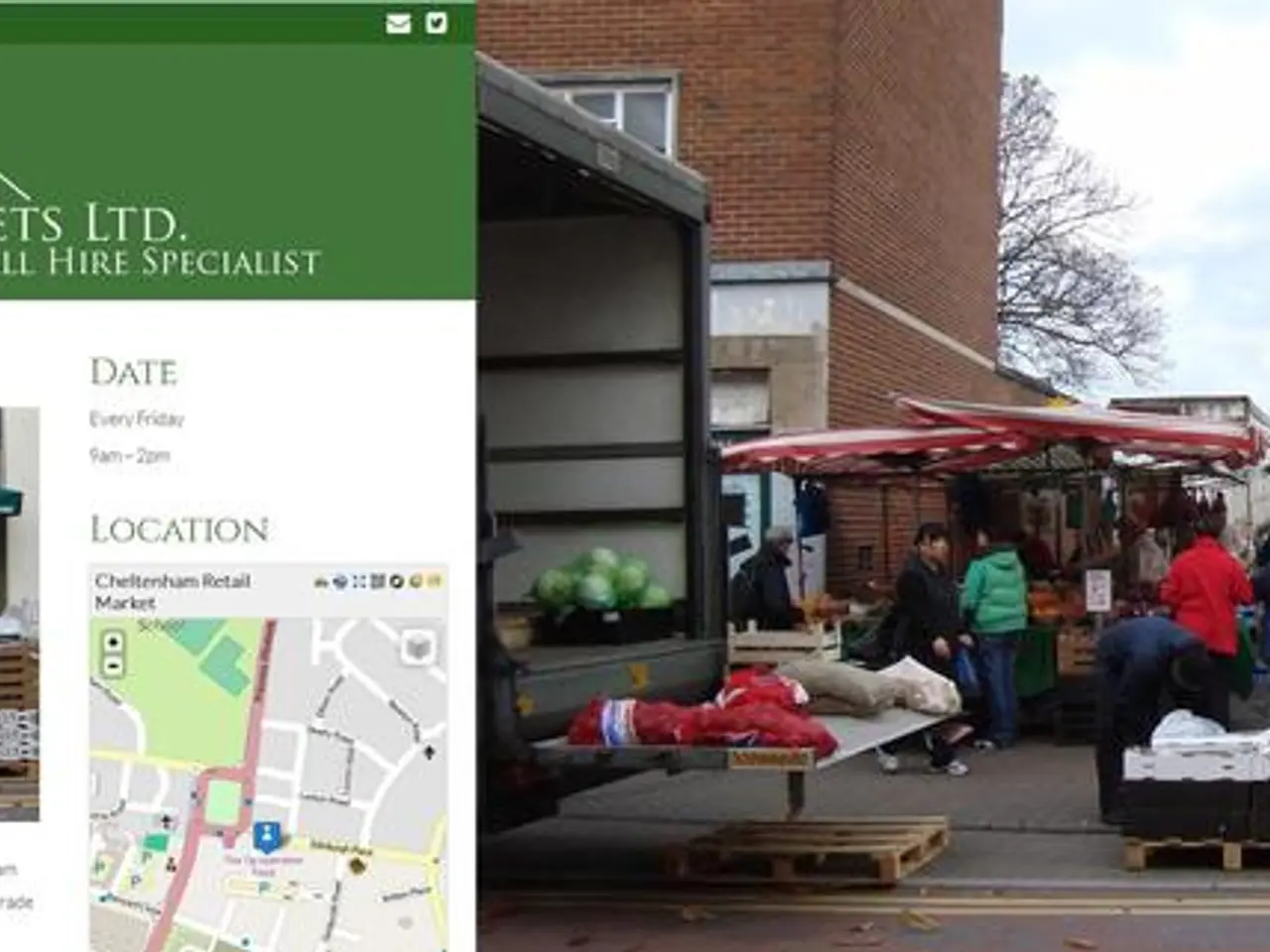Phoenix Real Estate Market Outlook 2025-2026: Key Developments and Predictions
Phoenix Housing Market Shifts Towards Buyers in June 2025
After years of a strong seller's market, the Phoenix housing market is experiencing a transition in June 2025, moving towards a more balanced or mildly buyer-favorable market. This shift is due to affordability constraints, higher borrowing costs, and increased supply.
Median home prices in Phoenix have hovered between about $448,000 and $475,000, showing a slight decline or flat movement compared to prior months or year-over-year. Inventory has notably increased, with new listings in Phoenix jumping 11.3% year over year in July 2025, and active listings expanding to over 21,000 homes, representing a roughly 4-month supply.
Homes are staying on the market longer, with median days on market rising to around 62-79 days, approximately 10-12 days longer than the previous year. Mortgage rates remain elevated but slightly improved, with builders offering incentives like interest rate buydowns and closing costs to retain buyer interest.
Sales activity shows mixed signals. Closings have risen slightly (~1%), but pending sales have dropped significantly (~27%), reflecting cautious buyer sentiment amid affordability pressures and economic uncertainty. Market indicators, such as the Phoenix Market Index, confirm a shift towards buyers, with more supply than recent years, but not a crash or severe downturn; rather, it’s a market correction after years of rapid price gains.
Despite the shift towards buyers, the limited supply of homes, coupled with the continued population growth in the Phoenix area, should provide some support to prices. Phoenix presents a compelling opportunity for real estate investment due to factors such as strong population growth, thriving job market, favorable economic environment, affordable housing market, tourism and lifestyle appeal, infrastructure and development, and strong demand for rental properties.
As a buyer in Phoenix, it's essential to evaluate all your options carefully and try to negotiate a better price if possible. Lawrence Yun, Chief Economist for the National Association of Realtors (NAR), has a more optimistic view for the U.S. housing market overall. Yun anticipates mortgage rates to average 6.4% in the second half of 2025 and dip further to 6.1% in 2026. Phoenix's forecasted home price change from June 2025 to June 2026 is -1.7%.
The Census Bureau has noted a significant growth in exurbs surrounding major metropolitan areas, and Phoenix is no exception. The Phoenix Metropolitan Statistical Area (MSA) has witnessed substantial infrastructure development to accommodate its growing population and economy. The MSA offers relatively affordable housing options compared to other major cities in the United States.
The rise of remote work has contributed to the influx of new residents in Phoenix. As of July 2023, the average home value in the Phoenix-Mesa-Scottsdale area is around $456,017. The population of Phoenix, Arizona grew rapidly from 2010 to 2024, with an increase of 11.2% to 4.7 million people. Phoenix is a popular tourist destination, attracting visitors throughout the year, contributing to the demand for short-term rental properties.
In conclusion, the Phoenix housing market is transitioning towards a more balanced market, offering opportunities for both buyers and sellers. Builders are actively incentivizing buyers, and home prices are stabilizing or slightly declining, marking a market reset rather than a crisis.
- The shift in the Phoenix housing market towards buyers in June 2025 has been driven by factors such as affordability constraints, increased supply, and higher borrowing costs.
- Despite the market shift, Phoenix remains an attractive investment opportunity, given its factors like strong population growth, affordable housing market, and thriving job market.
- Since the rise of remote work, Phoenix has seen an influx of new residents, boosting its population and contributing to the demand for rental properties.
- Money lenders are offering incentives like interest rate buydowns and covering closing costs to retain buyer interest, as mortgage rates remain elevated in the market.
- The limited supply of homes in conjunction with the continued population growth in Phoenix should provide some support to prices, preventing a severe downturn in the real estate market.
- Economists like Lawrence Yun, Chief Economist for the National Association of Realtors (NAR), predict a further decline in mortgage rates in the second half of 2025, making it a potential window for investing in Phoenix's housing market.




